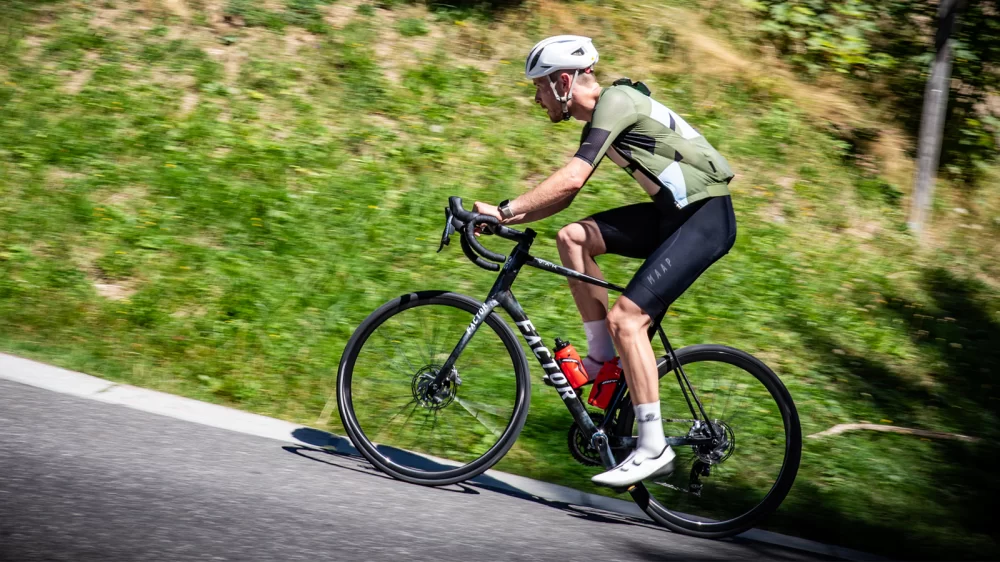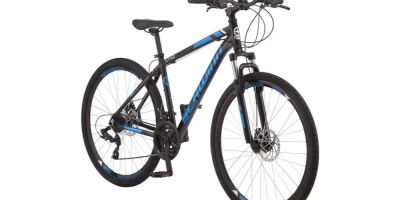
What is External Cable Routing on Road Bikes?
In the world of cycling, enthusiasts and racers alike are always on the lookout for innovations that improve bike performance, durability, and ease of maintenance. One such feature that has become increasingly popular is the external cable routing on road bikes. Unlike traditional internal cable routing, which hides cables inside the bike frame, external routing keeps the cables visible on the outside of the frame. But what exactly does this mean for cyclists?
External cable routing involves placing the brake and gear cables outside the bike's frame, running along the top tube, down the down tube, or even along the rear triangle. This approach has gained traction in both professional racing and recreational cycling for several reasons. First, it simplifies bike maintenance, making it easier to replace or adjust cables without the need for specialized tools or disassembling the frame. Additionally, the design is often lighter and more affordable to produce, which can be a key factor in budget-conscious builds.

Mike's Bikes of Berkeley
1824 University Ave, Berkeley, CA 94703, USA
The Benefits of External Cable Routing
While both internal and external cable routing have their advantages, many cyclists prefer the latter for various reasons. Below, we dive into some of the most significant benefits of choosing a road bike with external cable routing:

Mike's Bikes of Berkeley
1824 University Ave, Berkeley, CA 94703, USA
1. Easier Maintenance
One of the primary advantages of external cable routing is how much easier it is to maintain your bike. Cables that run on the outside of the frame are easy to access, adjust, or replace if necessary. Cyclists who often do their own bike repairs appreciate this convenience, especially when compared to the sometimes difficult process of replacing internal cables that may require removal of the frame's parts.
2. Improved Durability
External cables are generally more exposed to the elements, but this can actually be an advantage in terms of durability. With external routing, there's less risk of dirt and debris getting trapped inside the frame, which could potentially cause friction and wear on the cables. Since the cables are more exposed, they're easier to clean and inspect, which can contribute to better overall performance and longevity.
3. Lighter Bike Build
External cable routing tends to result in a lighter bike frame because it eliminates the need for internal cable conduits or additional frame modifications. For those looking to build a lightweight road bike, opting for external routing can shave off a few grams, which might not seem significant but can add up in competitive cycling.
4. Aesthetic Appeal
While aesthetics are subjective, many cyclists find the look of external cables to be appealing. The clean lines of a road bike with external cable routing often complement the bike’s overall design. Some manufacturers even create visually striking color schemes or unique routing patterns that give the bike a more aggressive or stylish appearance.
How External Cable Routing Affects Performance
Beyond the practical benefits of easier maintenance and durability, external cable routing can also have an impact on your bike's overall performance. Here's how:
1. Smoother Shifting
Because external cables are exposed and not hidden within the frame, there’s less chance for them to become kinked or bent, which could affect shifting performance. With smooth and clean cable routing, gear changes can be more precise and efficient, especially on high-end road bikes designed for competitive cycling.
2. Better Brake Response
In addition to shifting performance, external cable routing can also enhance brake responsiveness. Since the cables are not confined to the frame, any potential friction or wear is easier to detect, allowing cyclists to address any issues promptly. This leads to more consistent braking performance, which is essential when riding at high speeds or in challenging conditions.
External Cable Routing vs. Internal Cable Routing
While external cable routing offers a host of advantages, it’s important to note that internal routing also has its merits. For instance, internal cables are often considered more aerodynamic, as they reduce drag caused by exposed cables. On the other hand, external cable routing can still provide competitive advantages in terms of performance and longevity, especially for cyclists who prioritize ease of maintenance.
Choosing the Right Option for Your Needs
When choosing between external and internal cable routing, cyclists should consider their personal preferences, the type of cycling they plan to do, and their maintenance abilities. For recreational riders and casual cyclists, external routing often presents a more convenient and low-maintenance option. However, for those racing at an elite level, the aerodynamic benefits of internal cable routing may outweigh other considerations.
The Future of External Cable Routing
As technology in the cycling industry continues to advance, the design and innovation surrounding cable routing are evolving. Some high-end bikes even feature a mix of both external and internal routing, offering the best of both worlds. Whether it’s a road bike with sleek, externally routed cables or a frame with integrated internal routing, the goal remains the same: to enhance performance, durability, and rider satisfaction.
A Personal Story: How External Cable Routing Saved My Bike
One of the best experiences I’ve had with external cable routing occurred during a long cycling trip through the mountains. About halfway through the ride, my brake cable snapped due to wear from rough terrain. With an internal cable system, I would’ve been stranded until I could get help. But since my bike had external routing, I was able to replace the brake cable with a spare one I had in my bag in under 10 minutes. The ease of maintenance truly saved my ride and made the experience much more enjoyable.
Overall, external cable routing provides road cyclists with a functional and stylish option that simplifies bike upkeep, enhances performance, and adds a unique aesthetic to the bike. Whether you're a weekend enthusiast or a professional racer, it’s a design worth considering for your next bike upgrade.










